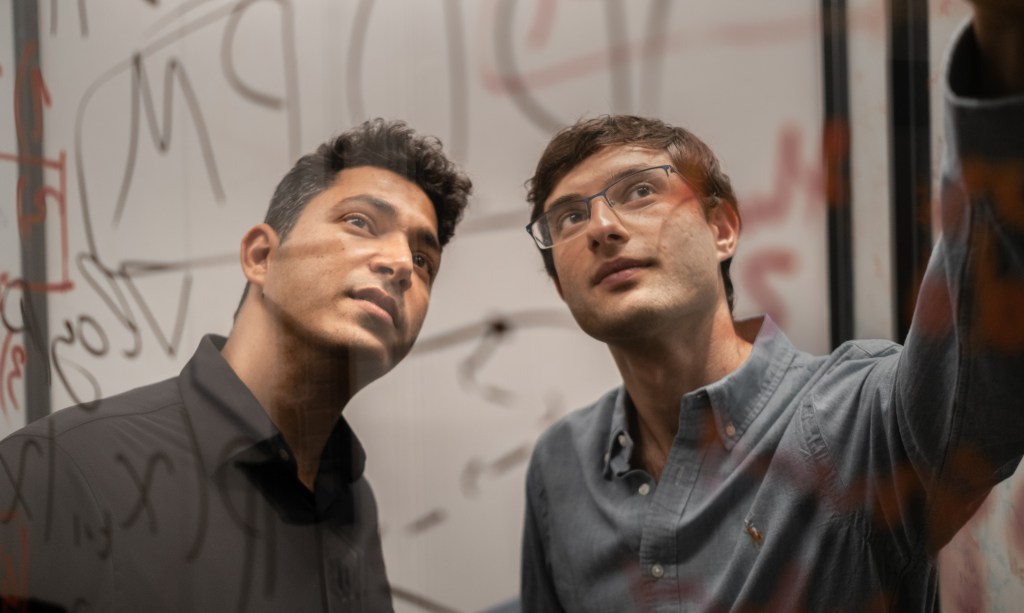Partnering with Decart: The Future of AI-Generated Experiences
A breakthrough in video inference offers a sneak peek at the next frontier.

When Google launched in 1998, more than a dozen other search engines were already live. Yet just two years later, it was the largest in the world. How did Google’s team win? Conventional wisdom tends to focus on PageRank, the algorithm that made their results more relevant than competitors’—and on the site’s minimalist user interface, while others were cluttered with portals and ads.
But perhaps even more significant was the team’s accomplishments on distributed systems and low-level performance optimization. While others were buying up expensive Sun Microsystems servers, Google was figuring out how to squeeze more juice out of the same consumer hardware people had at home. They ended up with an exponential cost advantage—and were able to build a faster, better product.
As a lead Series A investor, Sequoia had a front-row seat to that success. Today, we see the potential for a similar arc in Decart.
AI is making it possible for our imaginations to interface with our screens in a way—and with a speed—we’ve never seen before. But today, that potential is still limited by hardware. So last year, Decart co-founders Dean Leitersdorf and Moshe Shalev set out to tackle that problem, and started hacking on training and inference optimization. They quickly improved upon the state of the art, built a platform, and launched a successful enterprise business. And now, like Google before them, they are applying those infrastructure innovations to building delightful AI-generated experiences. Oasis, built on the first real-time inference video model, is just the start.
Decart is one of the most technically gifted teams we’ve ever worked with. While simultaneously serving in the IDF’s elite Unit 8200, he earned his Ph.D. from Technion, Israel’s most prestigious technical university, at just 23 years old. At the Symposium on Principles of Distributed Computing, the world’s leading distributed computing conference, Dean’s thesis won first place.
Moshe, meanwhile, is an outlier in his own right. He served in key positions in Unit 8200, working directly with top leaders on special operations and developing a reputation as a trusted problem-solver and executor who can connect the dots from idea to reality. “Whenever we had an issue we didn’t know how to deal with,” one reference told us, “we called Moshe.” He and Dean worked closely together in the IDF for several years before teaming up on the biggest unsolved challenges in AI.
From our first walk with Dean in the Bay Area, where he spends half his time, to meeting the full team in Tel Aviv, where Decart is based, they have blown us away with their technical depth and novel insights. We are grateful for the opportunity to lead their seed round and support their continued growth.
Today’s launch of Oasis, powered not by a gaming engine but by a single AI model trained on videos, marks a milestone in inference. But as remarkable as it is, it is just a taste of what’s to come. Dean, Moshe, and their team are moving quickly, continuing to innovate on Decart’s infrastructure stack. Just as Google’s team did decades ago, we believe they can unlock even more efficiencies in the months ahead—and with those advances, usher in the next chapter of AI-generated experiences.


